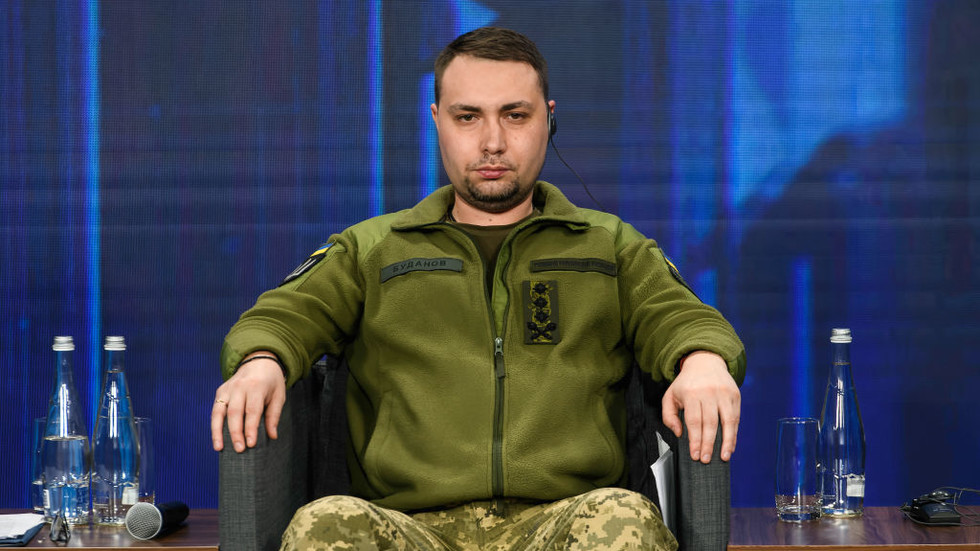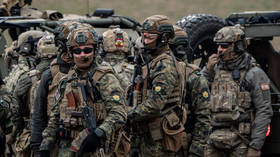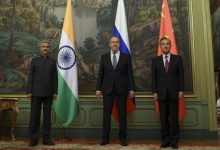
The effectiveness of a potential truce is uncertain, but peacekeepers are unlikely to guarantee Kiev’s security, Kirill Budanov has said
FILE PHOTO: Kirill Budanov. © Getty Images / Maxym Marusenko A ceasefire in Ukraine could be reached this year despite the “diametrically opposed” positions of both sides, the country’s top military spy, Kirill Budanov, has claimed. While hostilities could be halted, peacekeepers are unlikely to serve as a reliable security guarantee, Budanov, the chief of the Main Directorate of Intelligence (HUR), stated. He added that he could not recall a single conflict in which the deployment of peacekeepers has proven effective. Several NATO members have declared their willingness to send troops to a post-wear Ukraine, though Moscow has dismissed the possibility outright. Budanov’s remarks followed high-level US-Russia talks in the Saudi capital, Riyadh, on Tuesday, which centered on restoring relations and exploring potential peace talks. Ukraine and the EU had no representation at the meeting, with Kiev insisting it would not recognize any outcome without its involvement. “This is a paradoxical situation: despite the diametrically opposed starting positions of both sides, I believe that we will reach a ceasefire this year. How long it will last and how effective it will be is another question,” Budanov told Hromadske news outlet on Thursday. Last month, media reports suggested that Budanov said a during a closed-door meeting in parliament that Ukraine might not survive unless negotiations with Russia begin by this summer. The HUR has refuted the claims, saying the purported statements were false and taken out of context. According to Budanov, there is no framework, other than NATO membership, that can be considered a true security guarantee for Ukraine. In his view, all other options should be regarded merely as “commitments to support.”
Ukrainian leader Vladimir Zelensky earlier suggested that at least 200,000 foreign troops would be needed for a sufficient security guarantee. However, European NATO allies are reportedly considering a much smaller force – an approach that, in Zelensky’s words, would amount to “nothing.” Meanwhile, the US has ruled out any involvement of its military or NATO as an organization in any potential peacekeeping arrangement. The Russian Foreign Ministry had previously warned that Moscow views any European peacekeeping contingent in Ukraine as a provocative step that could further escalate the conflict. Moscow has also insisted that any peace settlement must address the root causes of the conflict, including Ukraine’s aspirations to join NATO. Ukraine must renounce its plans to join the military bloc and abandon its claims to Crimea, as well as four other regions that are now part of Russia. The formerly Ukrainian regions of Donetsk, Lugansk, Kherson, and Zaporozhye joined Russia following a series of referendums in 2022. Crimea previously voted to join Russia in 2014.





